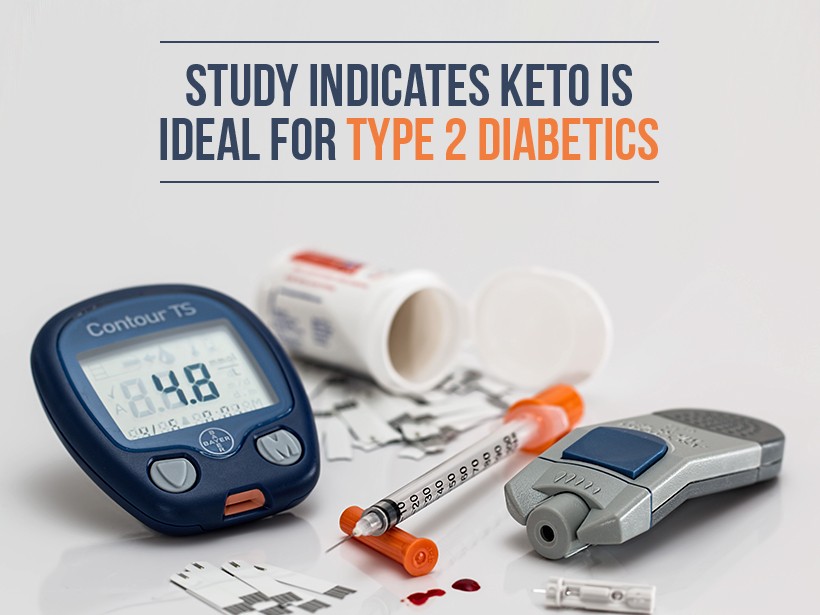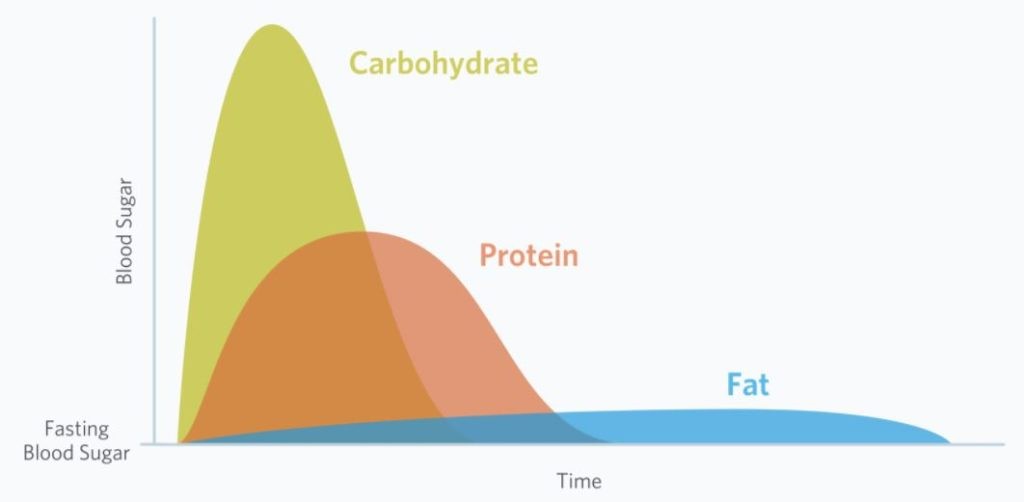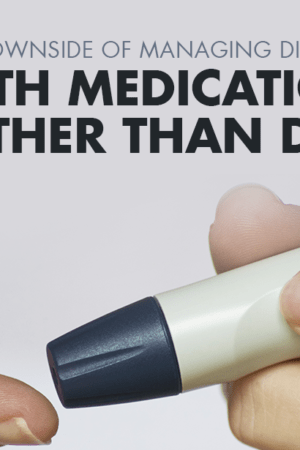You might know the ketogenic diet as being a powerful weight loss tool, with great benefits like reduced inflammation, mental clarity, and increased energy. However, thanks to a recent report published in Diabetes Therapy, the results from a year-long study concluded that carbohydrate restriction has a remarkable impact on glycemic control in patients with type 2 diabetes.1
Collaborating with San Francisco-based Virta Health, Purdue University, IU Health Arnett, The University of Southern California, and others published the first year’s outcome in a five year study. The results clearly indicate that nutritional ketosis, as attained through a low carbohydrate diet, is not just an effective treatment for type 2 diabetes, but can reverse the condition.
Studying Nutritional Ketosis and Diabetes
To effectively assess treatment for type 2 diabetes, 349 patients were identified and provided a choice to follow the standard diet recommendations set forth by the American Diabetes Association or the popular ketogenic diet. Of the patients that participated, 262 chose to commit to the ketogenic diet while under the care of a physician and health coach through a mobile app that also included resources for them to utilize throughout the day.
Five factors played a key role in the study:
- Biomarker feedback
- Medication management under a physician’s care
- Access to a health coach
- Support from an online community
- Education that promoted behavior and dietary habit changes
Diabetics on a Keto Diet
In the study, those that participated in a keto diet were instructed to adhere to a limit of <20g of carbohydrates per day, while consuming a moderate level of protein and supplementing with healthy fats. Doing so promotes a switch in body metabolism, where sugars and starches are no longer the primary source of energy and the body begins burning fat for fuel.
Nutritional ketosis, and the lack of sugar in the body, stabilizes blood glucose levels and have a profound effect on those struggling with diabetes.
The Results
With the support and guidance needed, 83 percent of patients in the study stayed on the ketogenic diet. Of those patients, 94 percent of them were able to decrease or completely eliminate their dependence on insulin to manage their conditions. With an average 1.3 percent decrease in hemoglobin A1C for the group as a whole, which is the benchmark for a patient’s blood glucose over the course of 3 months, 60 percent of patients showed A1C levels that were below the standard for classifying diabetes. What does this mean? Nutritional ketosis effectively reversed the progression of type 2 diabetes in the majority of patients that stuck with the keto diet.
While used primarily for weight loss, the ketogenic diet has been proven effective in freeing type 2 diabetes patients from the need to depend on insulin.2 It should be noted that, in addition to effectively treating their insulin dependence, the patients saw an average weight loss of 12 percent.
NUTRITIONAL DISCLAIMER
The content on this website should not be taken as medical advice and you should ALWAYS consult with your doctor before starting any diet or exercise program. We provide nutritional data for our recipes as a courtesy to our readers. We use Total Keto Diet app software to calculate the nutrition and we remove fiber and sugar alcohols, like erythritol, from the total carbohydrate count to get to the net carb count, as they do not affect your blood glucose levels. You should independently calculate nutritional information on your own and not rely on our data. The website or content herein is not intended to cure, prevent, diagnose or treat any disease. This website shall not be liable for adverse reactions or any other outcome resulting from the use of recipes or recommendations on the Website or actions you take as a result. Any action you take is strictly at your own risk.
- Scottish Government: ‘Obesity Will Be One Of The Great Public Health Challenges Of Our Time’ - September 5, 2018
- Virta Health’s Use of Telemedicine to Treat Diabetics with Keto - September 3, 2018
- New MyProtein Nutrition Bar Disrupts Nutrition Standards - May 24, 2018





